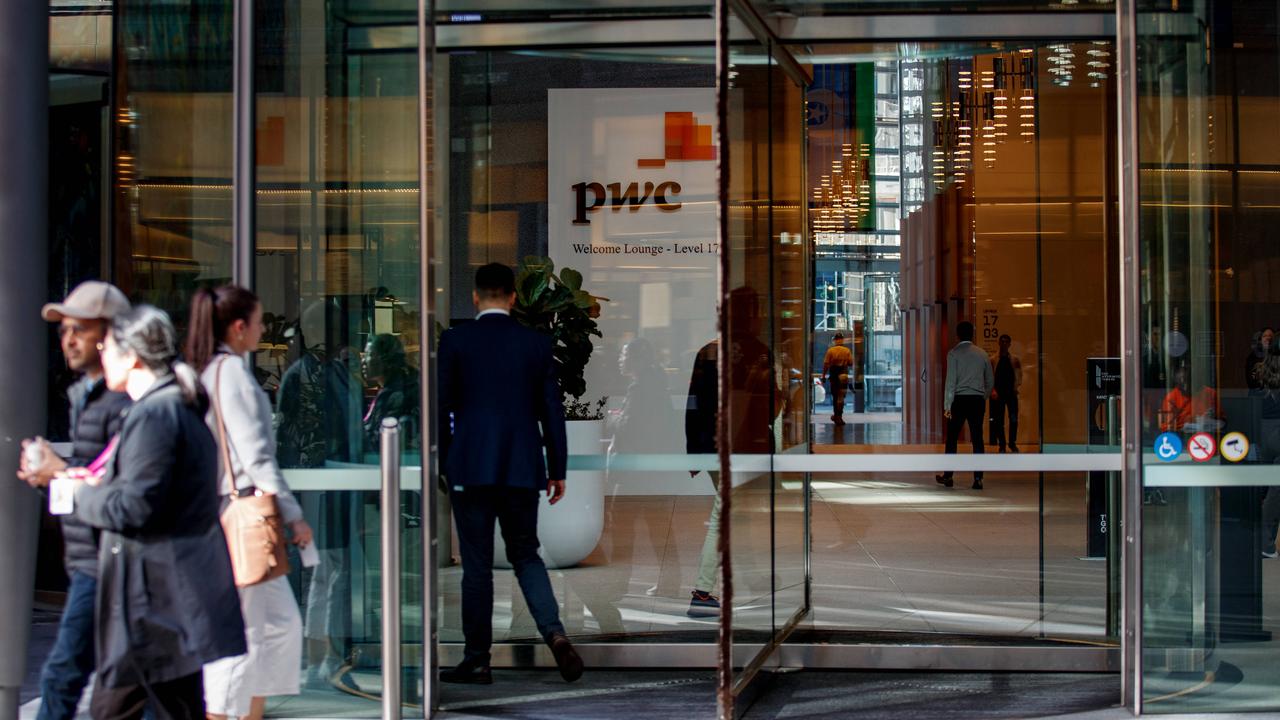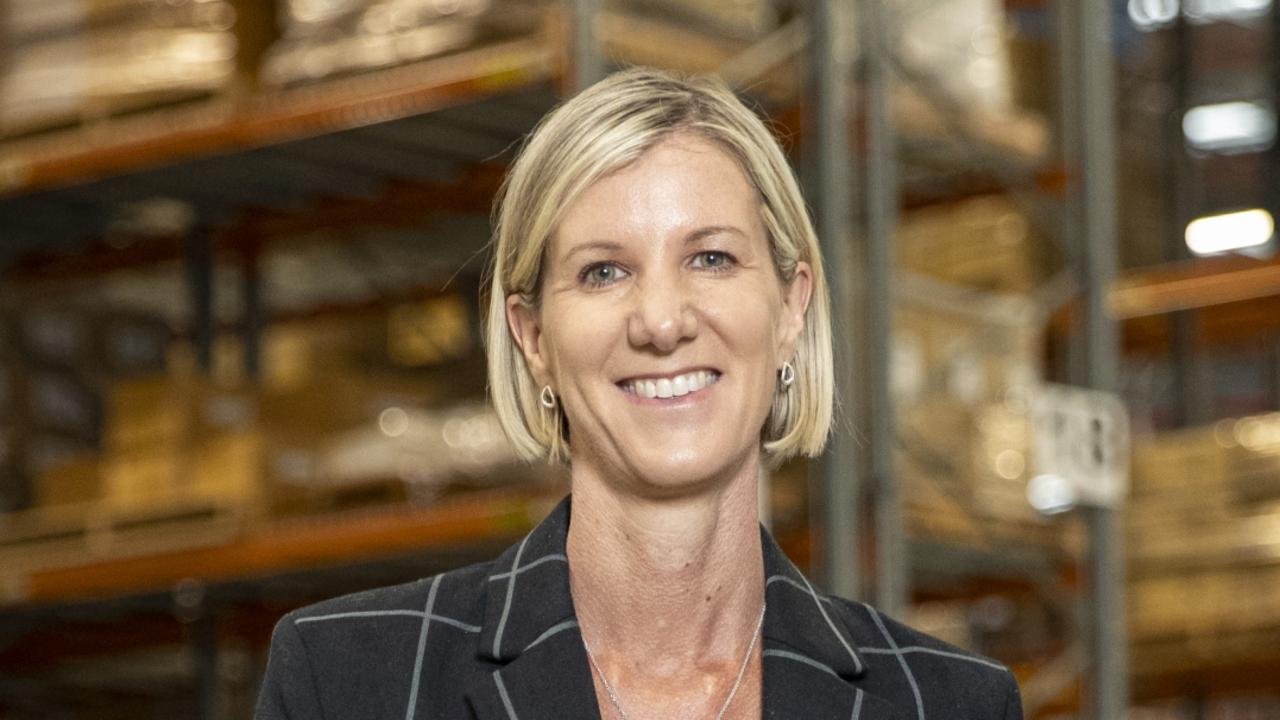Avenue Bank halves its capital raising target and cuts cost of share buy-in on offer
Liberty Financial-backed Avenue Bank has significantly cut the size and pricing of its latest capital raising.

Business
Don't miss out on the headlines from Business. Followed categories will be added to My News.
Liberty Financial-backed start-up Avenue Bank has markedly cut the size and pricing of its latest capital raising, as it navigates an extremely fickle investor climate for small institutions and works toward obtaining an unrestricted operating licence.
As it grapples with the fallout of regional bank collapses in the United States and jittery investors, Avenue’s series C capital raising will now seek to raise closer to $5m than an initial target of $10m.
The pricing of the raising has also been lowered to 25c per share from 35c per share and, reflecting the challenging climate, is also down from the 30c a share the start-up bank raised capital at in July last year.
In late 2021, Avenue raised capital at 58c a share, reflecting just how much the market has changed for small local banks.
After fielding questions from The Australian, Avenue chief Peita Piper said she couldn’t discuss the amount being raised but noted the start-up bank would next meet with the prudential regulator in early May and was confident of closing the series C raise.
“I’m confident that we will raise what we need to raise … through existing shareholders,” she said.
“It’s a challenging environment but out of challenges come opportunities … Existing shareholders believe strongly in the business model, that we have a point of difference, we have absolutely an innovative product that’s going to disrupt the commercial leasing ecosystem.
“They are very supportive of the business and the product and we have a strong base of strategic shareholders that are going to see this through.”
While Liberty is thought to have backed Avenue’s latest raise, a spokeswoman for the non-bank lender did not return calls seeking comment. Sources said there was some shareholder anxiety around Avenue’s strategic direction and blueprint.
Avenue wants to shake up the market for bank guarantees, which are used by businesses to secure commercial leases.
Bank guarantees are used as security by landlords if a tenant defaults on their lease, and typically involve businesses putting aside several months’ rent in term deposits as surety.
Avenue’s model instead aims to free up as much as 90 per cent of the value of the bank guarantee for businesses to use, following a credit assessment, while levying an establishment and service fee on the customer.
“We’re launching with a product that doesn’t exist today in the market,” Ms Piper said.
“We’re freeing up cash for small business, there’s $8.7bn of small businesses’ money sitting in term deposits for absolutely no reason.
“We’ve innovated the bank guarantee which hasn’t been looked at for more than 50 years.”
Entrepreneurs Colin Porter and Dale Hurley, who founded CreditorWatch, established Avenue and pitched it as a disruptive fintech player.
But start-up banks in this market have endured a turbulent few years.

The Australian Prudential Regulation Authority in 2021 released a tougher and revised approach to licensing and supervising new banks, after it consulted on changes following the collapse of Xinja, which marked the first digital bank to hand back its licence.
The local digital banking space has also been marred by the closure of Volt, while other players, including 86 400, have been acquired by large banks. Business bank Judo is one exception, having listed on the ASX in late 2021.
Avenue had been in the sights of New Zealand’s Heartland, which had expressed interest in acquiring the former but opted instead to buy Challenger Bank last year for about $36m. Heartland is still an Avenue shareholder.
Avenue received a restricted banking licence from APRA in September 2021 and late last year permitted the firm to run limited operations.
The bank is working towards being granted an unrestricted licence from APRA later this year, but must meet regulatory approvals and higher capital requirements.
“We’re still looking like we’ll achieve that by the end of August,” Ms Piper said.
“We know exactly what we need to do to achieve that.”
The regulator’s process involves a site visit and director interviews, among other things.
APRA declined to comment on Avenue’s timeline or progress toward achieving an unrestricted licence.
Avenue has also been subjected to the large-scale cost cutting that has played out in the start-up sector.
The bank has sliced its full-time equivalent staff numbers by about half in the past eight months.
“We’ve pulled together a business plan that is a lot more conservative, in terms of conservative growth,” Ms Piper said. “I’m laser focused on costs.
“I absolutely reduced headcount because we need to be as lean as possible until we’ve got licence certainty.”
Ms Piper said while some prospective new investors had not signed on the latest capital raise, several had given a commitment for a series D raising which is contingent on a fully fledged licence.
A restricted banking licence gives new entrants time to develop resources and capabilities, and to conduct limited business during their start-up phase, APRA has outlined.
Those entities can then progress to become a fully-fledged authorised deposit taking institution within two years, or seek an extension if they can’t meet the requirements and timeline.
Originally published as Avenue Bank halves its capital raising target and cuts cost of share buy-in on offer









